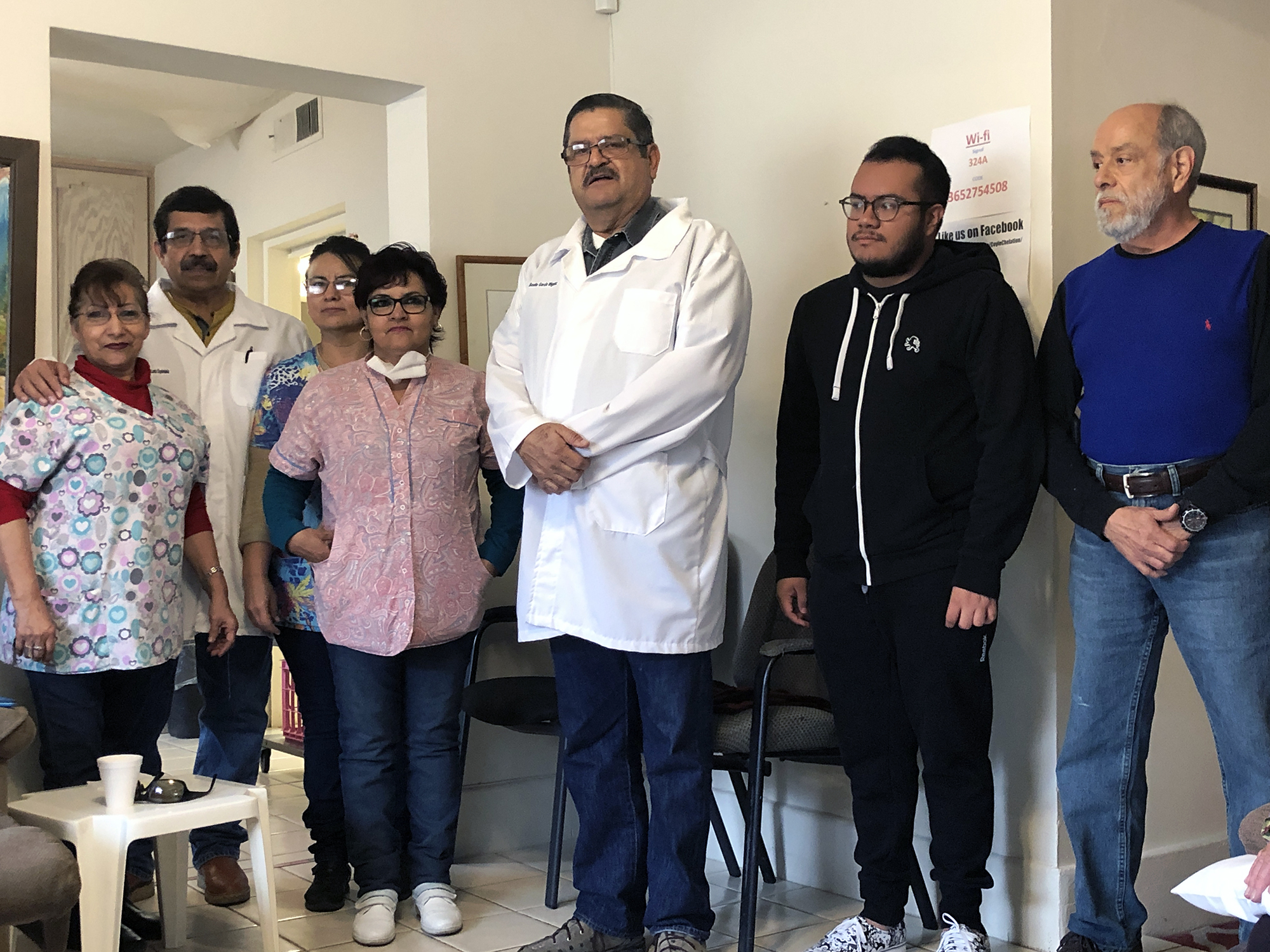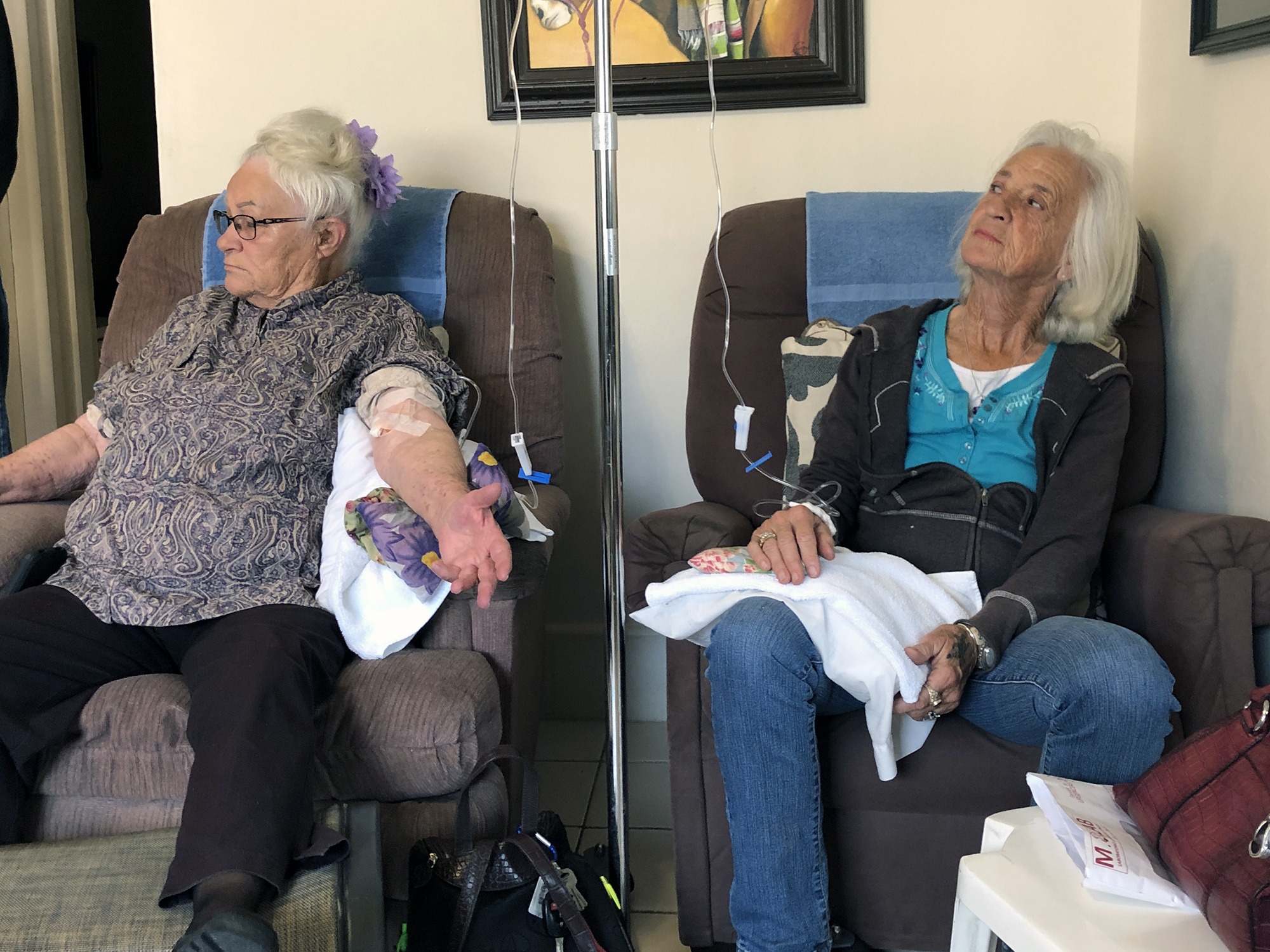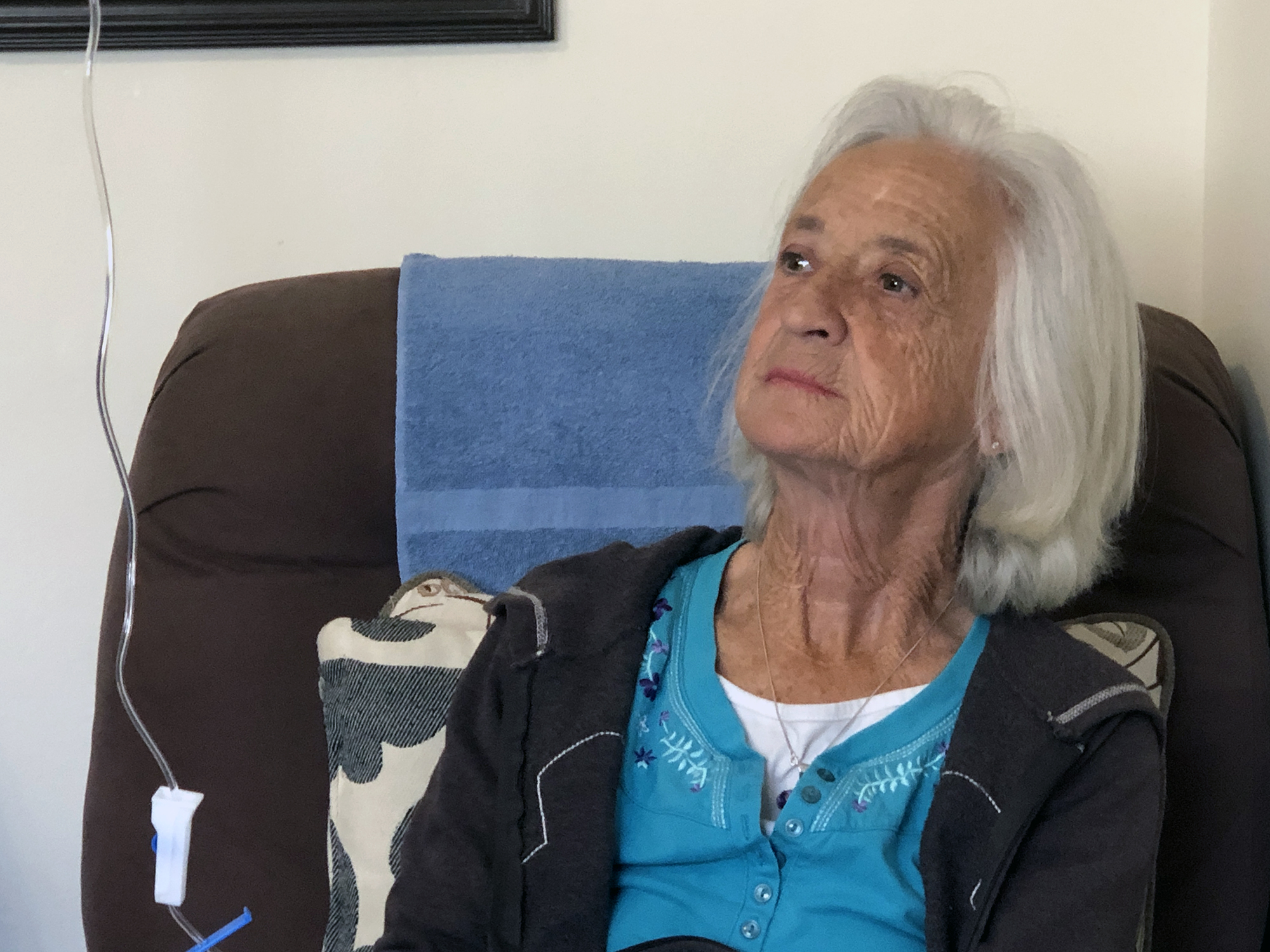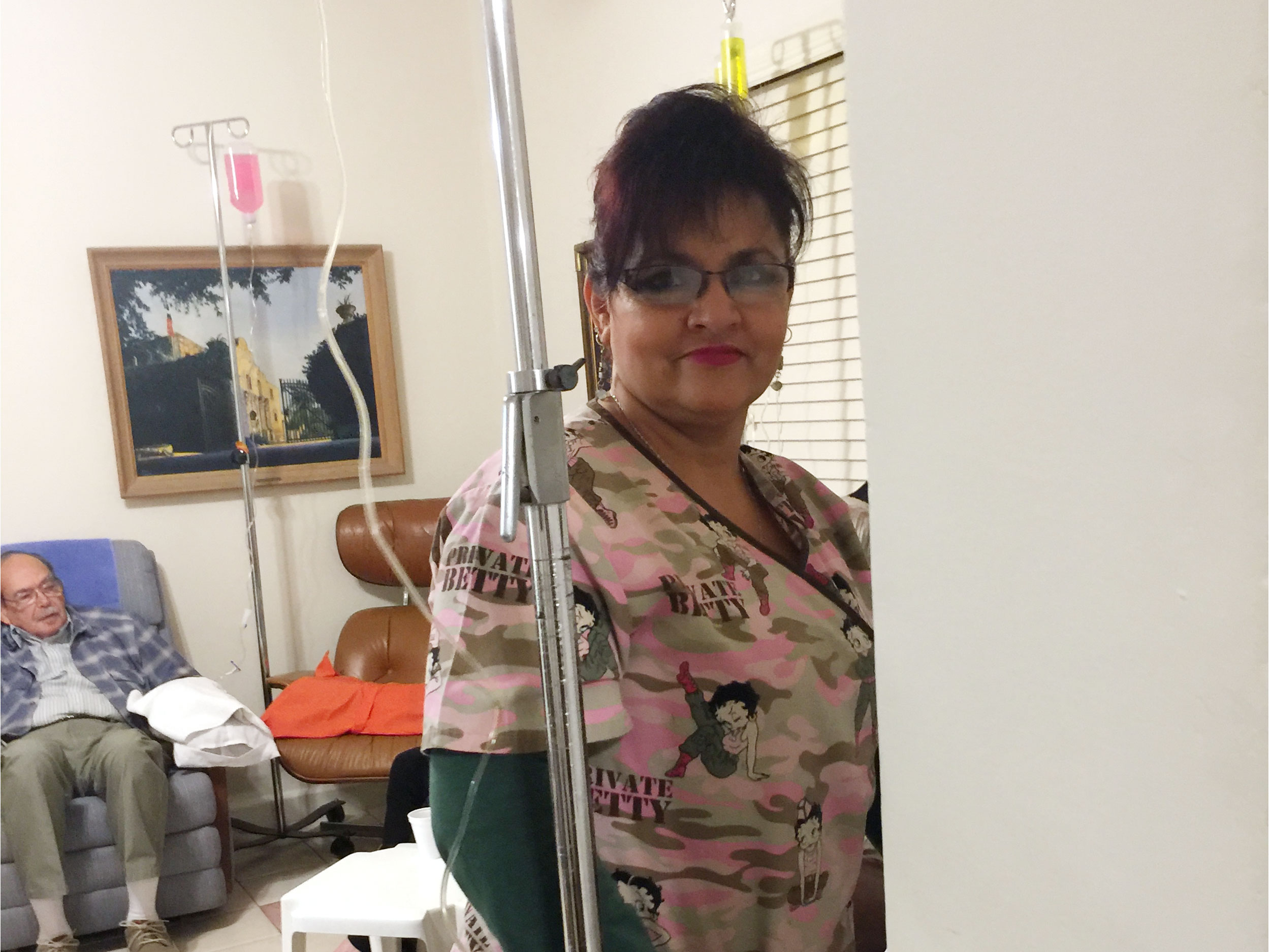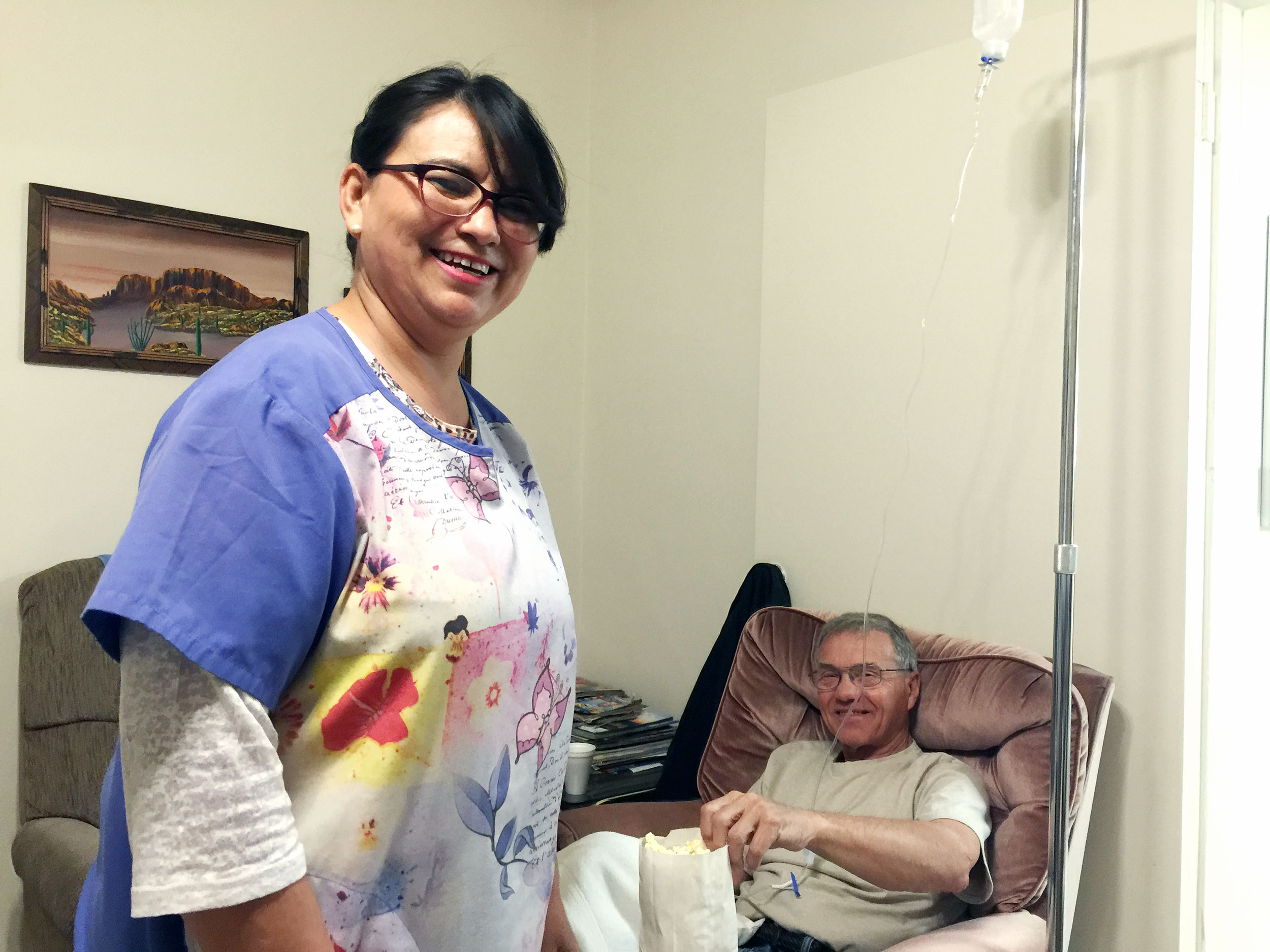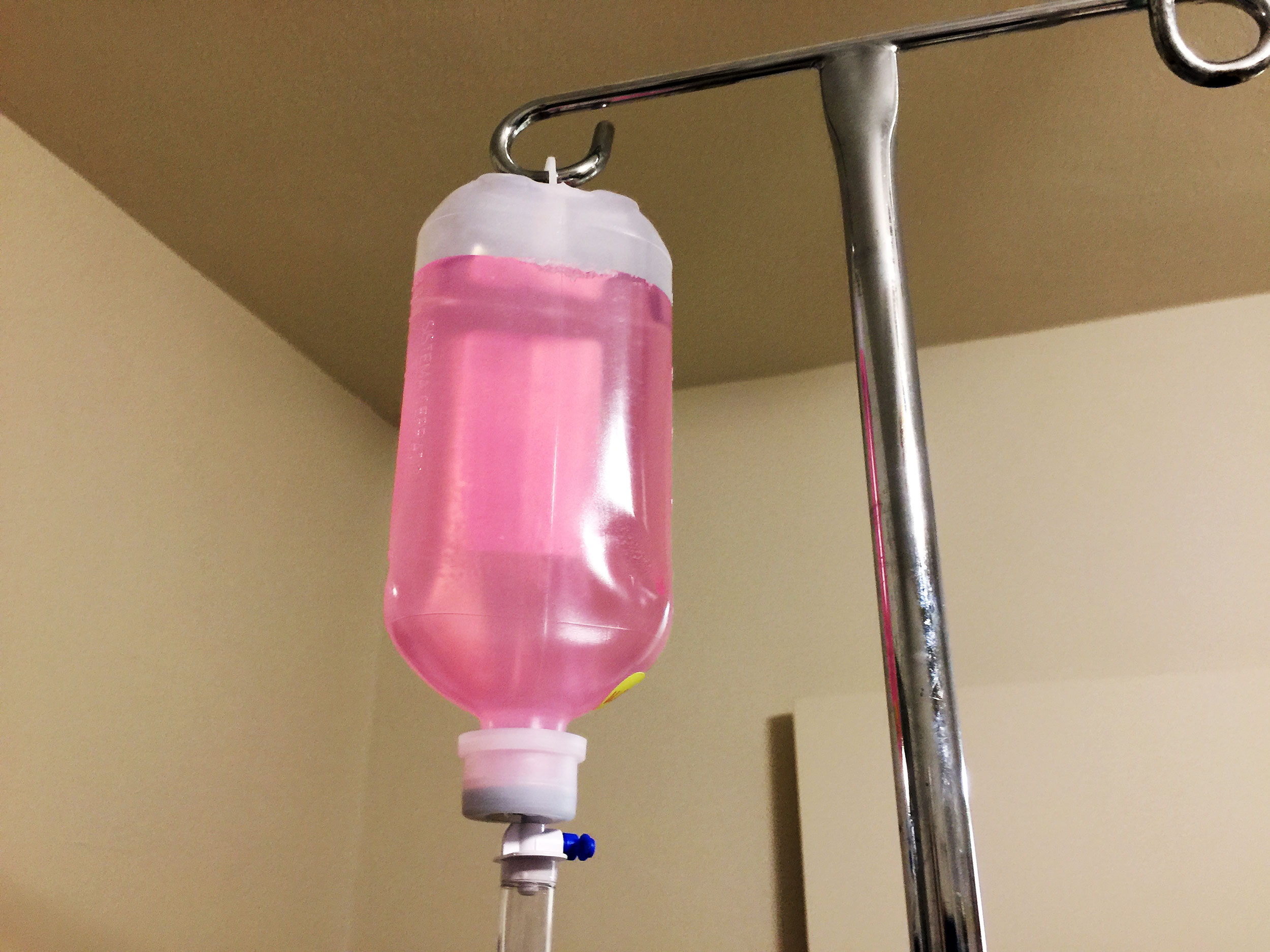Glutathione
Glutathione is a powerful anti-oxidant found predominately in the brain and liver. When given intravenously improves liver and brain function. Often used for memory enhancement, Dementia, Multiple Sclerosis, Parkinson’s disease, Neuropathy and Liver Disease.
In our bodies glutathione functions as a natural antioxidant and detoxifier. Glutathione protects the body’s cells from free radicals that destroy cells. As the body ages glutathione levels decrease. Glutathione levels in Parkinson’s patients have shown to be unusually low. Different concentrations of Glutathione are found in all human tissue, with the highest amounts being found in the liver, spleen, pancreas, kidneys, and lenses of the eye.
Your life depends on glutathione.Without it, your cells would disintegrate from unrestrained oxidation, your body would have little resistance to bacteria, viruses and cancer, and your liver would shrivel up from the eventual accumulation of toxins. Raised Glutathione levels help our bodies fight cancer. Glutathione plays several roles in cancer. It prevents cancer, protecting DNA from damage by detoxifying harmful chemicals and removing them from the body. Low glutathione levels predispose people to cancer. Patients with a variety of malignant disorders were found to have a markedly lowered plasma glutathione level.
Glutathione fights cancer:
It selectively stimulates apoptosis (cell death) of malignant cells while leaving healthy cells unaffected. It does this by regulating the tumor suppressor protein p53. Under normal conditions the p53 protein senses DNA damage in a celland slows the rate of cell division, giving the cell time to repair itself. If the DNA cannot be repaired, p53 tells the cell to kill itself (apoptosis).
Treatment with glutathione may reverse the cancer process. Various studies have shown glutathione reverses development of neuroblastoma, cervical carcinoma, leukemia, and other cancers.
IV Glutathione and Parkinson’s disease:
Although there is oral Glutathione medication, IV Glutathione therapy is the only way in which Parkinson’s disease should be treated, making it much more effective. David Perlmutter, a Florida neurologist, found that intravenous glutathione helps relieve the symptoms
of Parkinson’s disease. Once a patient with Parkinson’s disease starts on IV Glutathione therapy provided they respond to the treatment, they would be on it for life but considering that it allows them to regain some normalcy, it is a small sacrifice to make. Anyone living with Parkinson’s disease knows that there are good and bad days. Keep in mind that having IV Glutathione therapy is not designed to make the symptoms disappear but to slow down the progression of Parkinson’s disease by reducing free radicals. While Parkinson’s disease is the primary target for using IV Glutathione therapy, this treatment has also shown promise for the treatment of irritable bowel syndrome, chronic fatigue syndrome, fibromyalgia, and other illnesses. One of the greatest breakthroughs associated with IV Glutathione therapy is that medication used for treating Parkinson’s disease such as Levodopa that has a number of side effects, can often be decreased or eliminated altogether.

